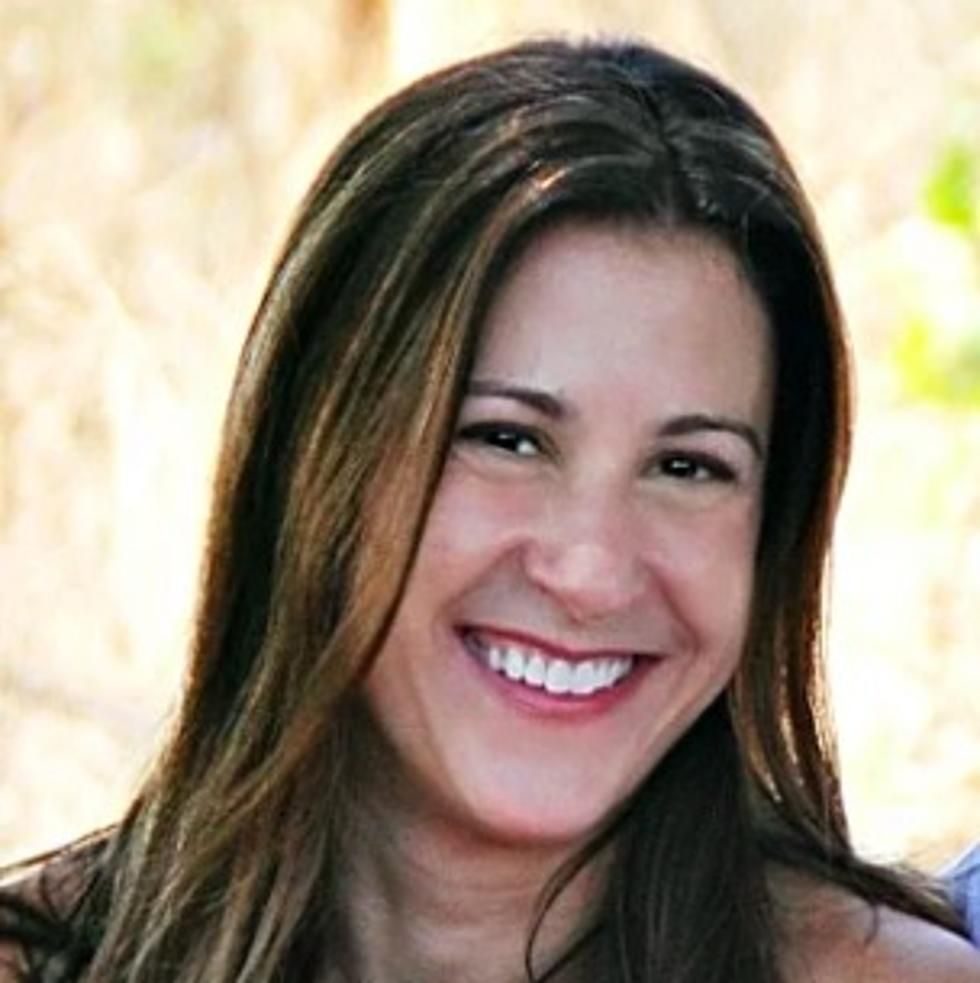We’ve heard people say, “Abs are made in the kitchen” and “You are what you eat.” But if that’s the case, then you may wonder: Is regular exercise necessary for weight loss? Or can you just focus on eating a healthy, well-balanced diet?
“Exercise is important, but not as important as diet,” says Michael Garcia, MD, a physician and assistant clinical professor in the Division of Clinical Nutrition at the David Geffen School of Medicine at UCLA and UCLA Health. “I would say dietary changes are probably 80 percent of most weight loss journeys, and exercise is the other 20 percent.”
Scientific evidence also backs this up. According to a recent study, two single-blinded groups of women with diverse body types were given a circuit training program to follow for up to eight weeks. (1) There was no significant weight loss in any of their body compositions, regardless of their weight when they started the study. At the end of the trial, researchers concluded that exercise alone does not have a dramatic effect on weight loss.
Armed with this knowledge, Lose It! recently turned to the experts to find out exactly how to drop unwanted pounds without exercise. Read on as they share their favorite tips and tricks.
1. Eat a Balanced Diet
Not all foods are created equal. So making sure you eat a well-balanced diet is an important way to lose weight without exercise.
“Ensuring a balance of lean proteins, complex carbohydrates, and healthy fats can help prevent hunger,” says Amy Shapiro, a registered dietitian and the founder of Real Nutrition in New York City. “I like chicken, ground turkey, seafood, pork, beef, tofu, and tempeh for protein, and complex carbohydrates like whole grains, whole wheat pasta, and potatoes. Healthy fats like olive oil, avocado oil, nuts, and seeds can also help maintain satiety.”
It’s also essential to keep your pantry well stocked with your favorite fiber-rich foods. “Having enough fiber from fruits and vegetables helps you fill up,” says Shapiro. “Adding balanced snacks with both protein and fiber in between meals will also prevent hunger and overeating and boost energy. Some healthy snack ideas include — but are not limited to — nuts, seeds, nut or seed butter, fruits, veggie sticks, yogurt, hummus, and jerky.”
2. Practice Portion Control
According to Shapiro, a good guideline is to fill half your plate with fruits and vegetables, a quarter of your plate with lean protein, and a quarter of your plate with complex carbohydrates.
“Portion control is very important and has a different definition for each person, but everyone trying to lose weight should have a basic understanding of what one portion looks like,” says Shapiro. “Ensuring sufficient fiber intake can make you feel full longer, balance your blood sugar, and help you avoid excessive consumption of other foods. I recommend reaching 25 to 40 grams of fiber per day.”
Shapiro also advises eating adequate amounts of protein. Consuming at least 21 to 30 grams of protein per meal, or 1 gram of protein per pound of your ideal body weight per day, will help you stay full longer between meals, since protein takes a long time to digest. This macronutrient is also important for helping to maintain lean body mass, which helps boost your metabolism as you age.
3. Drink More Water
You might be afraid that drinking too much H2O can lead to excess water weight. Yet research shows that staying well hydrated is actually one of the best ways to reach your goal weight. According to a study, increasing water intake improves ingestive behavior, metabolic function, and body weight regulation. This ultimately results in more weight loss across the board. (2)
“Proper hydration is one of the easiest but most often overlooked steps in weight loss,” says Shapiro. “We are made up of about 60 percent water, and water is essential for energy. Drinking enough water plays a role in weight loss through reduced calorie intake and increased breakdown of fat.”
4. Get More Rest
If you’re debating whether to stay up late to squeeze in an extra workout or turn in early, you may be surprised to learn that getting a good night’s sleep is essential for weight loss.
“If we are sleep-deprived, we always feel some degree of fatigue or tiredness,” says Dr. Garcia. “That can change how our brain thinks about food cravings. We’re usually more likely to crave processed, sugary, salty things when we don’t get enough sleep. So sleep is very important for losing weight. It’s also important for energy and focus in every other part of our lives.”
5. Reduce Your Stress
Chronic stress can be a big roadblock to reaching your weight loss goals. So try incorporating self-care into your daily routine whenever possible. Do whatever makes you feel good, whether it’s meditation, yoga, or simply taking a walk outdoors.
“Increased levels of stress hormones like cortisol or adrenaline can affect blood sugar, which affects how your body hangs onto weight,” says Garcia. “Of course, we can’t always control stressors. But if stress is always present, it’s very difficult for the body to say, ‘Oh, yes, you’re eating less. Let me lose this weight because you’re doing things perfectly.’ Stress is not an easy thing to turn on and off. It’s really more about managing it, not solving stress, on a consistent basis.”
6. Avoid Fad Diets
You may feel like you’ve tried every fad diet under the sun. Chances are, none of them worked for you — or if they did, all the weight came back on once you stopped the diet.
“Following weight loss trends online is a common pitfall,” says Shapiro. “What works for others may not work for everyone. A lot of dietary trends for weight loss also lack scientific support. They may show results quickly in the short term, but they’re not sustainable in the long term.”
This is exactly why crash dieting rarely works for most people. “One of the biggest and most common pitfalls for weight loss is avoiding or severely restricting one food group,” says Shapiro. “The three macronutrients — carbohydrates, fat, and protein — are all important to maintain satiety, nutrition, and blood sugar in between meals. Making the right food choices in the right portions will lead to better results than avoiding one particular food group.”
Exercise for Overall Health
Although exercise isn’t always necessary for weight loss, it still plays an important role in your overall health. Getting your heart rate up with weightlifting or aerobic movement is a great way to de-stress and improve your cardiovascular health, mood, and sleep. So don’t cancel your gym membership just yet, even if you do start tweaking your diet.
According to the Centers for Disease Control and Prevention, a few of the many benefits that come with incorporating regular exercise into your routine include a lower risk of depression and anxiety; decreased risk of developing cardiovascular disease, diabetes, and cancer; as well as stronger bones and improved brain health, both of which become even more important as we age. (3)
The Bottom Line
Losing weight doesn’t necessarily mean you need to spend countless hours running on the treadmill at the gym. But that doesn’t mean you should never lace up your running shoes or step on a yoga mat again either.
“It is possible to lose weight without exercise if you are just looking to lose pounds,” says Shapiro. “At the end of the day, you just need to create a calorie deficit to lose fat. However, without exercising, you will also end up losing muscle mass. This ultimately will make keeping off any lost weight more difficult since decreased muscle mass causes a decreased metabolic burn. Therefore, your calorie intake will have to be lower to maintain any weight loss.”
It’s also important to make sure you don’t set yourself up to fail before you get started, she adds. “Make sure you are really ready to take this journey,” says Shapiro. “Weight loss is not easy, and it is not fast. It does require committing to consistent lifestyle changes over time. Come in knowing this is a journey, but there is also a learning curve. Enjoy the small wins and don’t just look at the end goal. Be patient and find a team, whether it is a family member, a friend, or a professional to help you. Support and accountability are key here.”
Finally, always consult your doctor before incorporating any dietary changes.
Editorial Sources and Fact-Checking
- Jackson M, Fatahi F, Alabduljader K, et al. Exercise Training and Weight Loss, Not Always a Happy Marriage: Single Blind Exercise Trials in Females With Diverse BMI. Applied Physiology, Nutrition, and Metabolism. November 2, 2017.
- Thornton S. Increased Hydration Can Be Associated with Weight Loss. Frontiers in Nutrition. June 10, 2016.
- Benefits of Physical Activity. Centers for Disease Control and Prevention.

